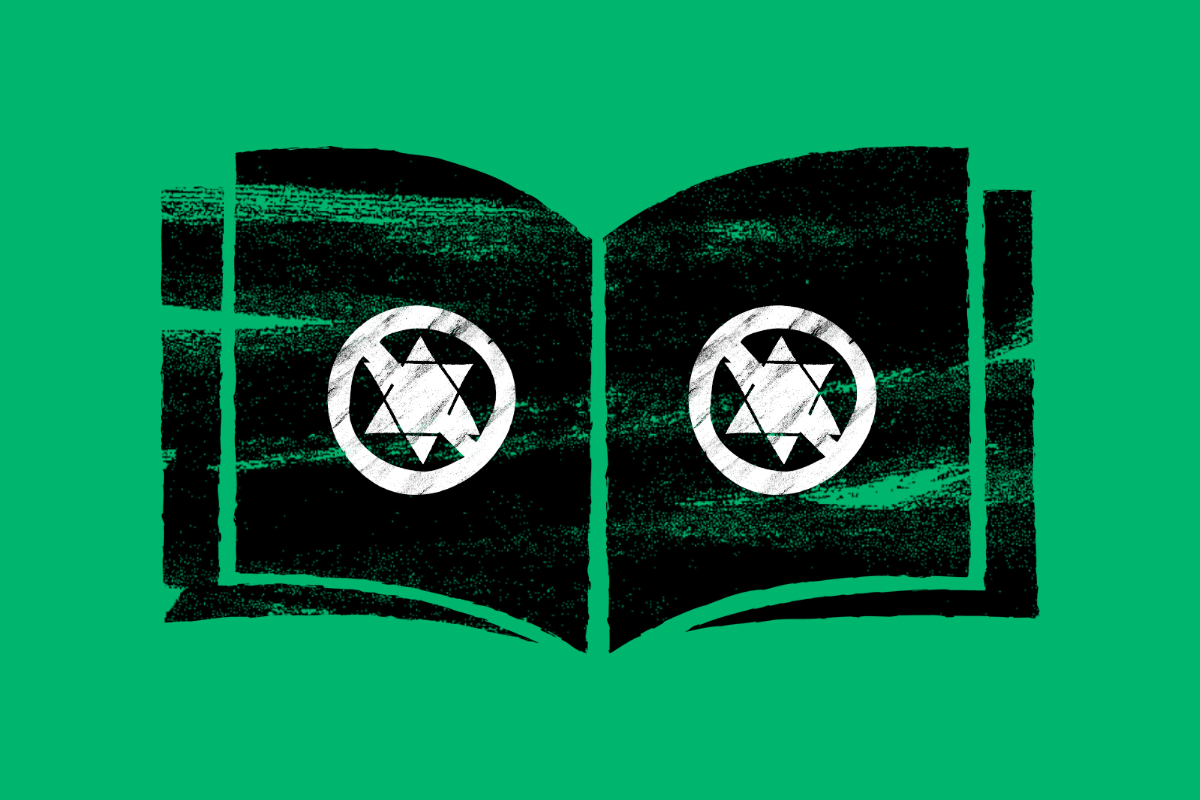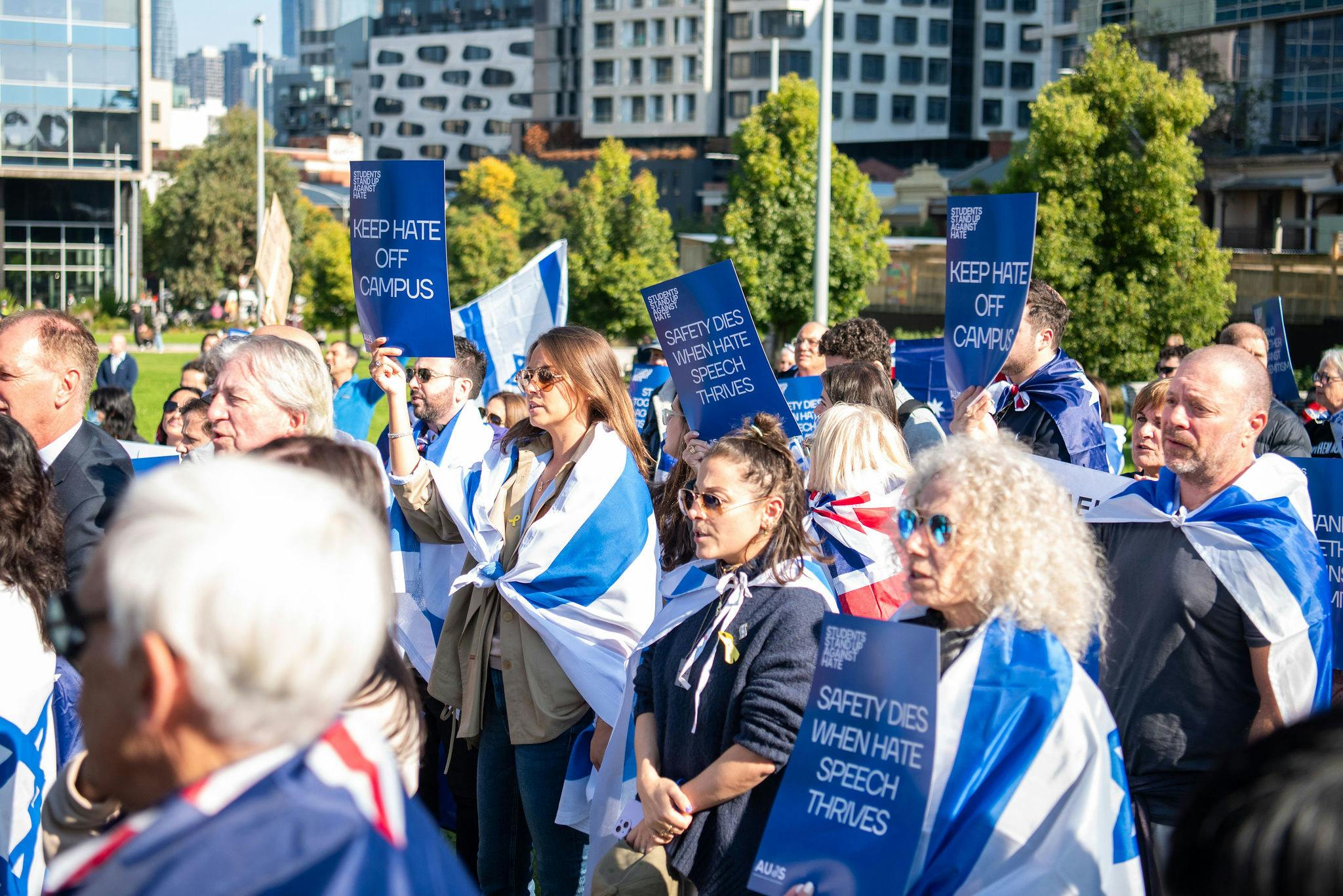Published: 13 June 2023
Last updated: 5 March 2024
The Greens "Resolution on Justice in Palestine and Israel" is a resolution for Palestinians against Israel.
Like many progressive political parties around the world, the Greens in Australia have long held a position of sympathy with the Palestinian people and expressed vocal opposition to Israel’s occupation of post-1967 territories.
This is as it should be. The Palestinian people are victims of an inequitable and tragic situation and, whatever one believes about the causes, it is appropriate that a party concerned with human rights, equity and justice should have their needs on its agenda.
It is also to be expected that in the context of Israel’s far-right coalition government, increased settler violence and more Palestinian deaths at the hands of the Israeli army, the Greens would harden their support for Palestinians and their concerns about Israeli policies.
So, no one should have been surprised when last week, the Greens passed Resolution on Justice in Palestine and Israel - June 2023 updating their former policy, Resolution on Israel/Palestine - March 2010.
Most of the 31 points and 16 steps enumerated in this extensive policy would be endorsed by those on the left of the spectrum in Israel, and by many Diaspora Jews, among them demands for the removal of settlements, the protection of Palestinian human rights, and the condemnation of right-wing extremism.
Several points are controversial or naive and will be offensive to those who are concerned about Israel’s rights and security. Among these are calls for boycotts, divestments and sanctions (BDS) against Israel, the claim that Israel is “practising the crime of apartheid” and, for some, the rejection of the IHRA definition of antisemitism, which categorises denying the right to a Jewish state as a form of antisemitism, particularly without subscribing to another definition.
But what is most telling about this policy is what is absent. The 2010 policy begins with two framing clauses supporting in turn, “the legitimate rights and aspirations of the Palestinian people to live in peace and security in their own independent, sovereign state” and “the legitimate rights and aspirations of the Israeli people to live in peace and security in their own independent, sovereign state.”
The 2023 policy supports “freedom and statehood for the Palestinian people” but has nothing to say about Israel’s right to peace, security, or statehood.
The Greens seem to have abandoned Australia’s long-held bipartisanship over the conflict in the Middle East
The most charitable interpretation of this failure is that the Greens’ concern about the Palestinians is so deep, they have simply forgotten that Israel continues to face an existential threat from multiple enemies – Iran, Hamas, Hezbollah – all of whom have a stated aim of obliterating Israel. If the absence of an endorsement for Israel’s right to exist is an oversight, we expect it to be corrected immediately.
Otherwise, we can only draw the conclusion that Israel’s existence, peace and security are not a matter of concern to the Australian Greens.
Perhaps they are living in a fantasy world in which, were Israel to withdraw unilaterally from the West Bank and East Jerusalem – as it has already attempted to do from Gaza – the Palestinians would accept two states and both countries would live happily ever after, renouncing their claims on all the land from the river to the sea.
Sadly, the failure of Israel’s attempt to disengage from Gaza in 2005 shows the more likely scenario: a Hamas government that rains rocket attacks on Israel and fails to feed its own population. Gaza is by far the worst place to live as a Palestinian and living close to Gaza is the most dangerous place to live as an Israeli.
Neither Israelis nor Palestinians are helped by a naïve policy which ignores half the equation.
But in their new resolution, the Greens seem to have abandoned Australia’s long-held bipartisanship over the conflict in the Middle East, jettisoning any protection of Israel in favour of concern solely about Palestinian rights.
No wonder they cannot tolerate the IHRA definition of antisemitism, their policies are now veering dangerously close to being encompassed by it. (The fact that Jewish Greens were involved in drafting the policy is irrelevant and the party’s use of this information as some kind of talisman against an accusation of antisemitism is just a form of the disingenuous “but some of my best friends are Jewish”.)
We share the Greens concern about Israel’s far-right government. We share their condemnation of human rights abuses, their belief that settlements are rendering the two-state solution unachievable, and their statement that criticism of Israel’s government’s policies is not antisemitic.
But we do not accept the slur of “apartheid”, a term imported from South Africa with the aim of placing Israel beyond the international pale rather than dealing with the genuine complexity of the multiple regimes under which Palestinians live and the difficulty of creating two states that will accept one another's existence.
For the same reason, we oppose the use of BDS against Israel. This campaign is designed to undermine the Israeli side of the conflict, not to enable the existence of secure and viable states for both Palestinians and Israelis.
And we strongly affirm the right of the Jewish people to a national homeland in Israel, just as we affirm the right of the Palestinian people to a sovereign state in Palestine.
Photo: Jewish and Arab Israeli citizens participate in a rally to protest the 56th year of occupation. The poster at the front reads 'No democracy with occupation' (Matan Golan / Sipa USA)




